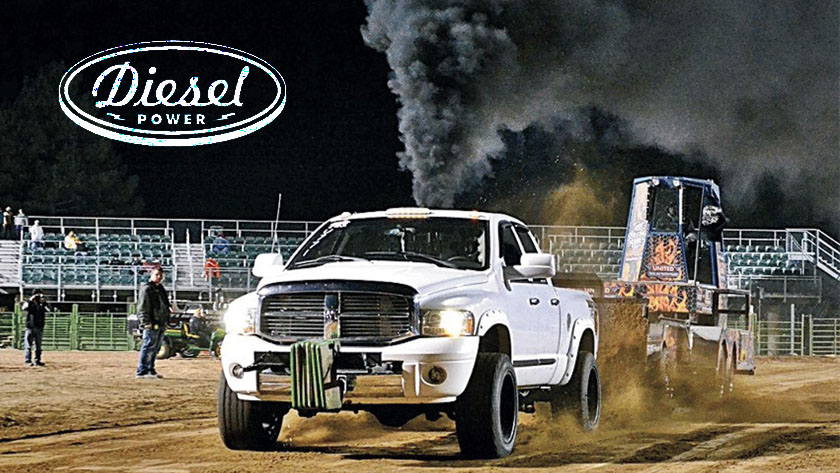Why diesel engines produce more torque? Let’s find out!
Looking at the international market, we come across a diesel variety of almost every car. This may not be the case in Pakistan, but internationally almost all cars come with a diesel variant. So why a diesel car over a patrol car? The main reasons for most people opting for a diesel car is more torque. Many people confuse this with more power, but that is not the case, up to a certain point you can say it produces more power but technically that is not the case, so today will be talking about why diesel engines make more torque than petrol engines.
Also Read: Petrol vs the new diesel Fortuner – Which one to choose?
Here are some of the reasons as to why diesel engines have higher torque figures than petrol engines:
1. Compression ratio:
If you look at the pistons moving inside the engine block the piston as it comes to a stop at the top end of the block it comes to a stop quicker with a petrol engine as compared to a diesel engine. So why does the diesel engine compress more air than a petrol one. Diesel engines relies on the heat of that air to instantaneously combust the fuel as it is injected inside so in short it raises the air above the self-ignition temperature of the fuel while in a petrol engine you compress a fuel + air mixture which you don’t want to raise the temperature above its self-ignition temperature because the ignition is carried out by a spark plug rather than compression so the petrol engine is limited in compression to ensure that the temperatures doesn’t get hot while the diesel engine wants that temperature to get hot to get maximum compression.
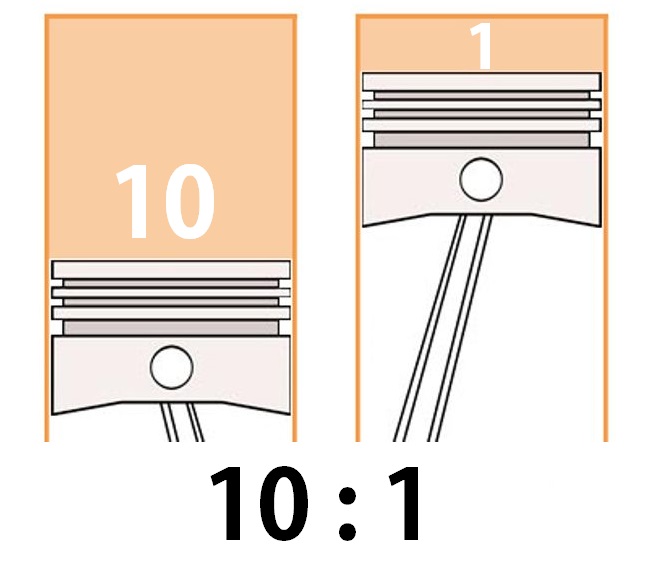 So those higher compression ratios provide more torque in a diesel engine.
So those higher compression ratios provide more torque in a diesel engine.
2. The Speed of Combustion:
As discussed above in a petrol engine a spark plug is used to ignite that air+fuel mixture and then the flame travels outward until all of it finally burns up versus in a diesel engine the fuel instantaneously combusts as it is injected into the cylinder so fuel in a diesel engine combusts quicker than in a petrol engine. In a petrol engine the piston moves considerably more before burning that fuel versus a diesel engine in which the piston doesn’t move that much downward before combusting all the fuel which translates to diesel engines have more time for the fuel is spending pushing down the piston which amounts to more work done hence more torque so that immediate combustion benefit of the diesel engines provide more torque.
3. Bore & Stroke:
Petrol engines have wider bore, but smaller stroke as compared to a diesel engine. So, in a diesel engine the piston travels up and down more than a petrol engine. You may already know that torque is force X distance so not only you have more force in a diesel engine but also more distance that is rotating around that crankshaft so ultimately that produced more torque. So, if we compare two engines of equal displacement, still diesel would produce more torque because of having a longer stroke as compared to a petrol engine.
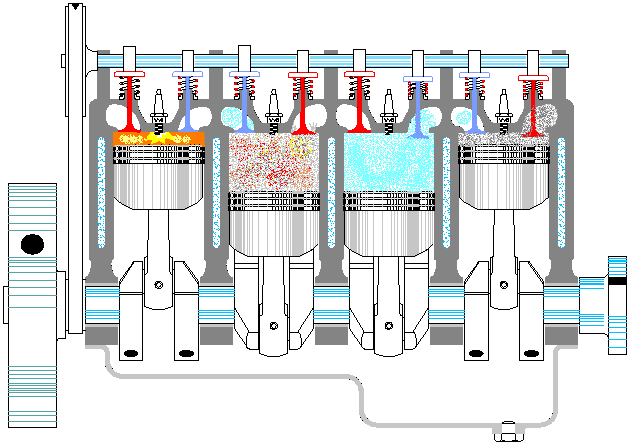
However, as combustion occurs quicker inside the cylinder inside a diesel engine the piston is not going to be at an ideal angle, creating that force versus distance, but still stroke length plays its part in the overall production of torque.
4. Turbochargers:
Diesel engines tend to turbocharged in most cases. Most diesel cars come turbocharged from the factory and generally diesel engines are built for turbochargers so they are already built with heavier components like iron blocks, heavy duty pistons, crankshafts, connecting rods which results in a heavier engine but it has the ability to handle larger amounts of torque that diesel engines produce. Diesel engines tend to run very lean, meaning they have very low Air to fuel ratio and this provides the engine more air to expand and create more useful work. It is more of an efficiency gain, but the major reason in turbocharging a diesel engine for even more torque and power.
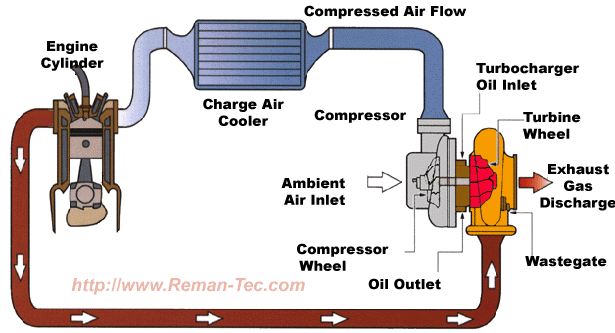
They also don’t have the pumping loses associated with petrol engines because they are throttle-less or have the throttle wide open whereas that throttle in a petrol engine is not wide open. Its controlled and only wide open at very higher RPM’s.
5. Energy Density:
The energy density of diesel fuel is more than the energy density of petrol fuel. So, if you have the same amount of fuel in it, let’s say 1 litre then 1 litre of diesel Is going to have more energy packed in it as compared to 1 litre of petrol so when that amount of fuel is injected into the cylinder than diesel will produce more work than petrol of the same quantity hence more torque.
The main thing to understand from this is that horsepower is not everything, it certainly has its uses but both are completely different thing. A petrol racing engine can have immense rev range, hence immense horsepower while having lower torque. On the other hand, a low revving diesel engine will always lag behind its petrol counterpart in terms of horsepower but will have loads of torque and that is why you never see diesel engines on super cars or hyper cars.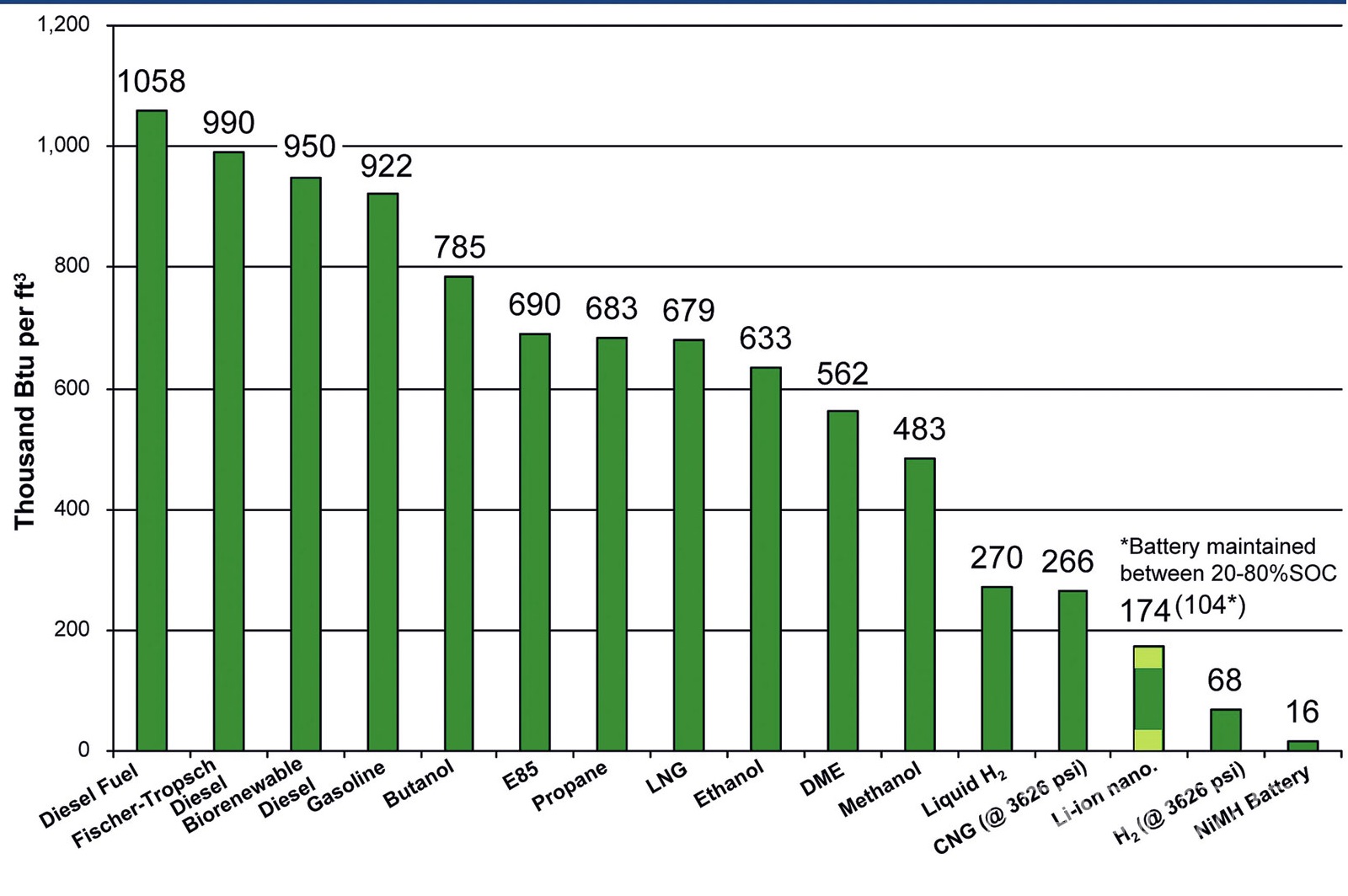 Diesel engines were first developed to battle against steam powered engines and were designed to handle heavy loads because of the higher torque the diesel engine could provide. Petrol engines on the other hand were mainly developed for high power to weight ratio for example for motorcycles, allowing them to go faster in the long run.
Diesel engines were first developed to battle against steam powered engines and were designed to handle heavy loads because of the higher torque the diesel engine could provide. Petrol engines on the other hand were mainly developed for high power to weight ratio for example for motorcycles, allowing them to go faster in the long run.
Diesel engines certainly have their benefits, but still the time has yet to come for the shift from petrol to diesel engines. Take Alpina for example. The D3 Bi-Turbo produces 345bhp and 516lb-ft of torque having a 0-62mph time of 4.6 seconds which is pretty impressive. That puts it in the league of the BMW M2, which is pretty impressive for a big, oil-burning estate. And no one can forget Audi’s road-going R8 V12 TDI from 2008, which managed a top speed of 202mph through the extensive development of the company’s R18 Le Mans racers but thanks to hybrids we may never see development towards the diesel engines.
That’s it from our side, if there is any point we may have missed, do let us know in the comments below.

